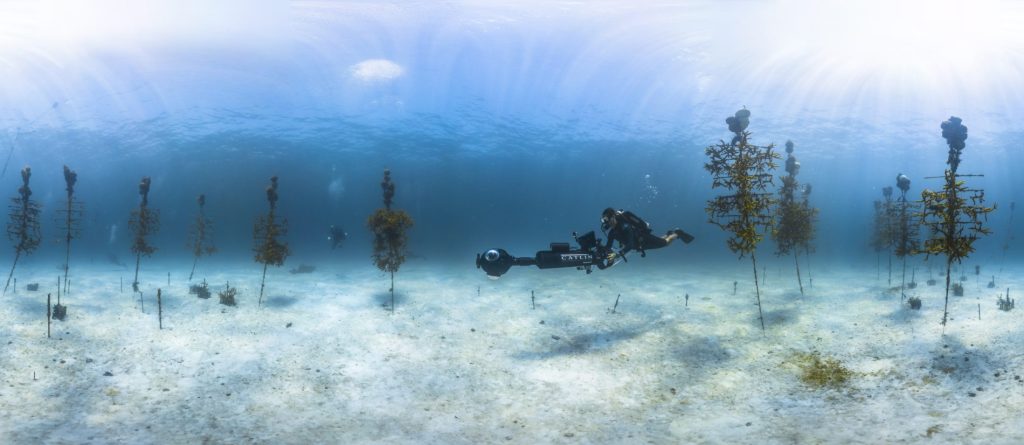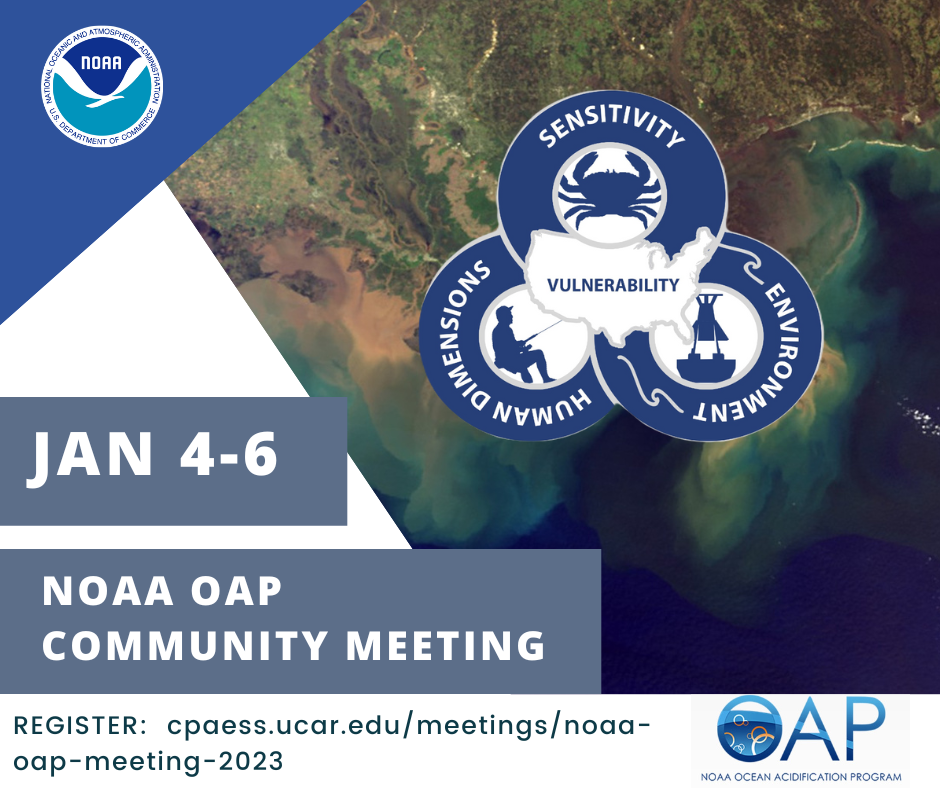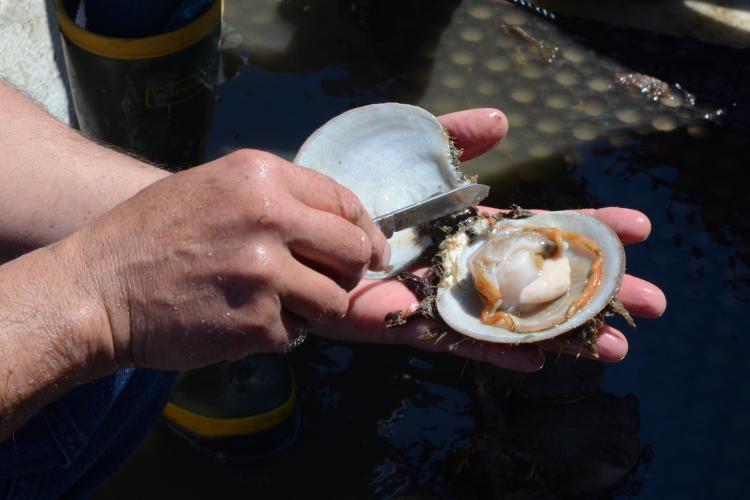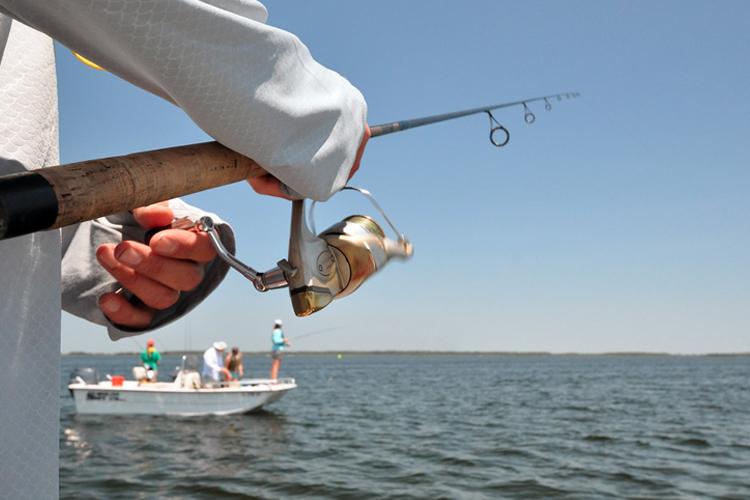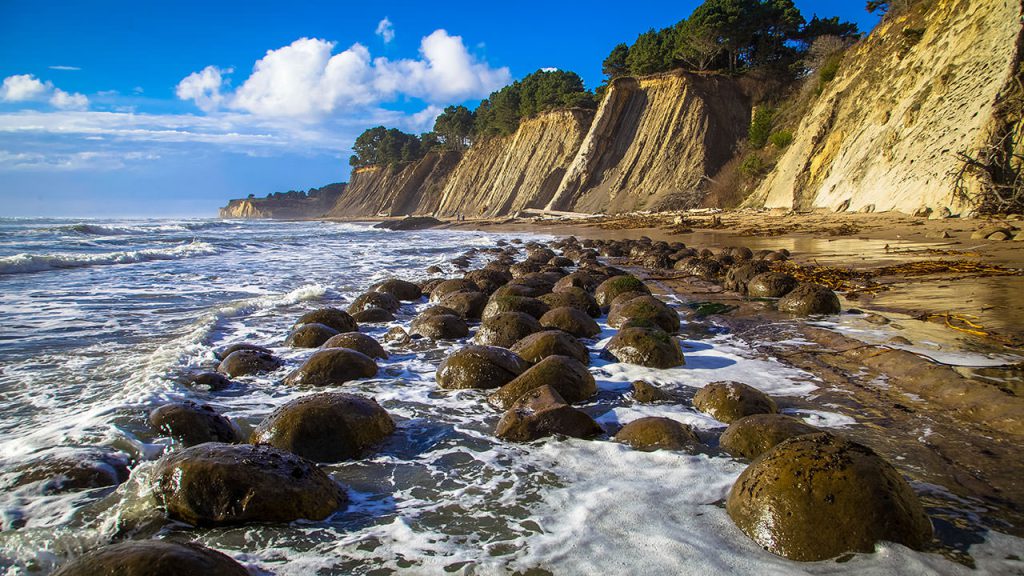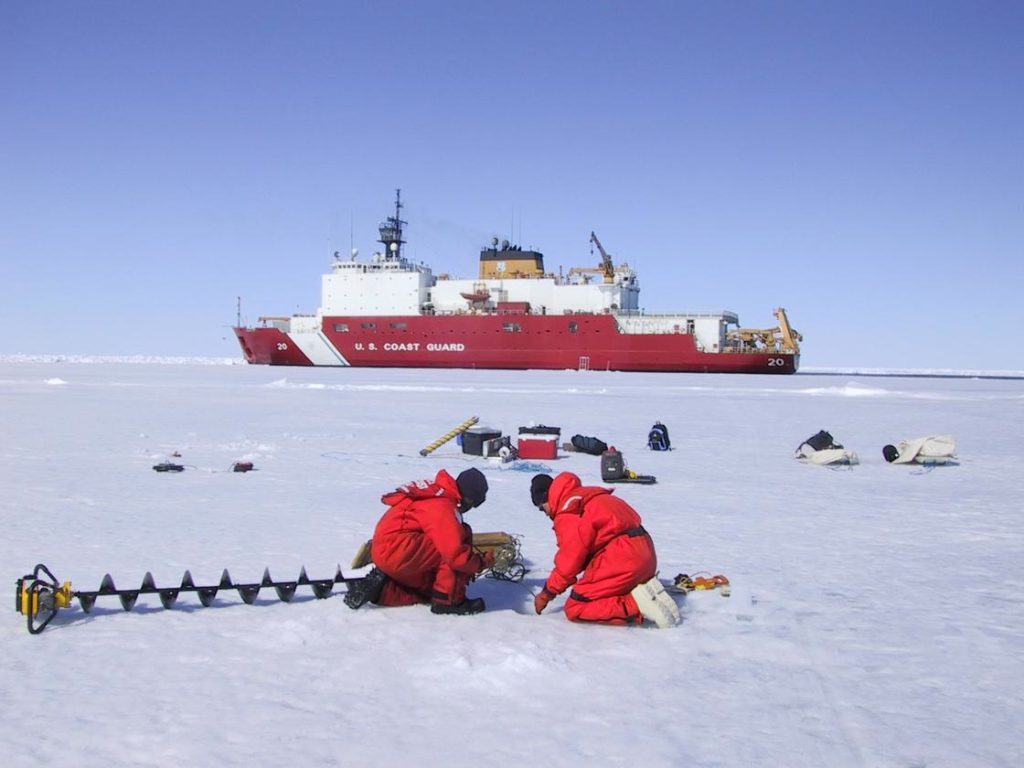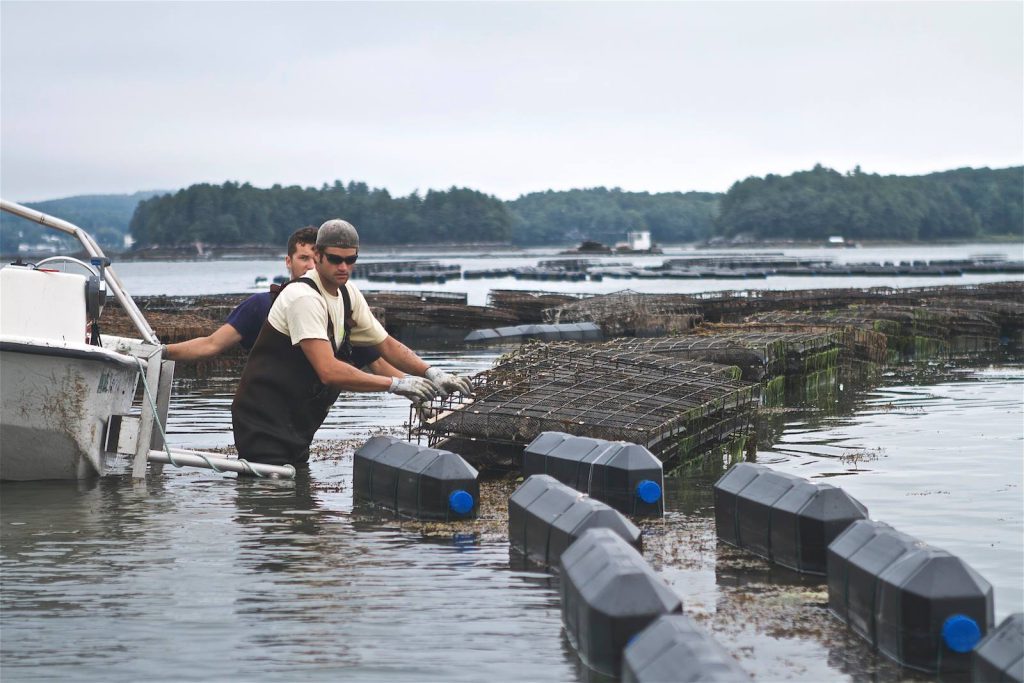Building Capacity for Ocean Acidification in the Caribbean
COMMUNITY OF PRACTICE, GOA-ON HUB, AND COASTAL ACIDIFICATION NETWORK There is a significant need to strengthen capacity for research, monitoring, and adaptive solutions for ocean acidification resilience and associated multi-stressors in the Caribbean region. The Caribbean Ocean Acidification Community of Practice (CoP) endeavors to explore the impacts of ocean acidification on important ocean and coastal areas, […]
Building Capacity for Ocean Acidification in the Caribbean Read More »
